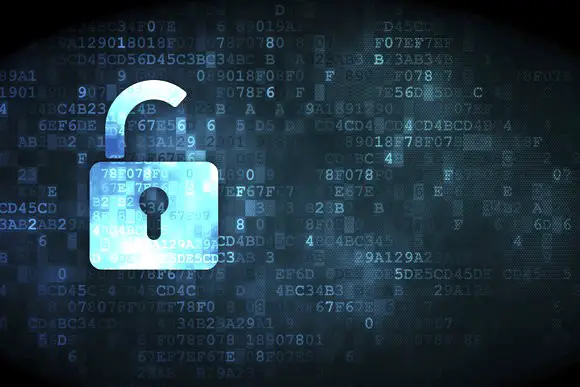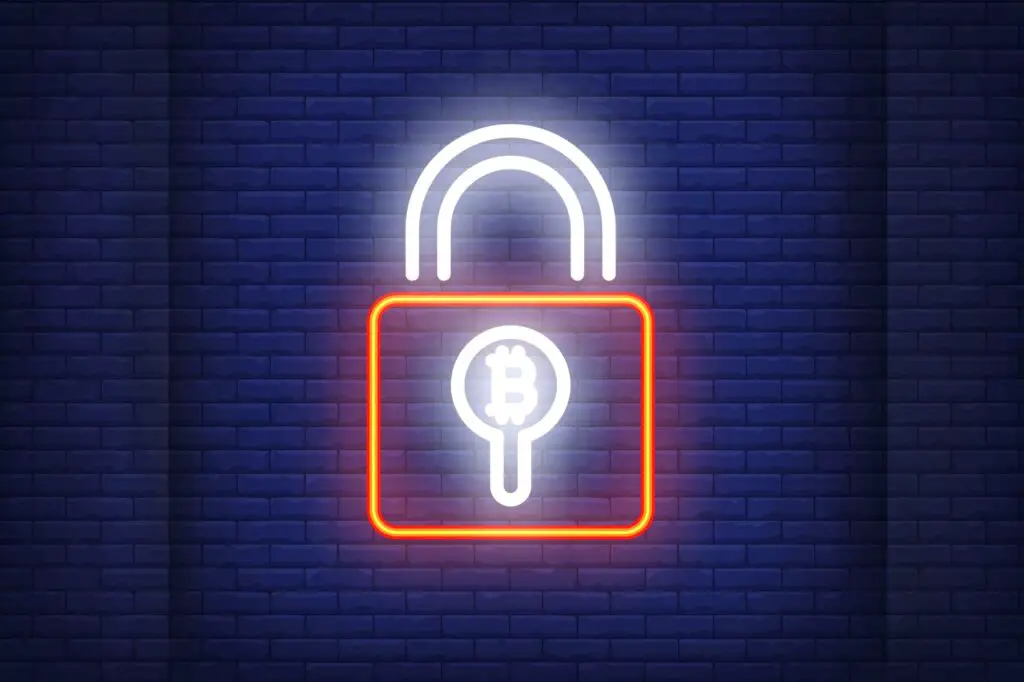Decentralized Identity: How Blockchain Is Redefining Online Security
Cyber Revolution: Blockchain-Powered Decentralized Identity Reshaping Online Security

Blockchain: In an age where our lives have become increasingly digital, online security has never been more critical. The rapid growth of the internet has opened up new possibilities for communication, commerce, and information-sharing, but it has also exposed us to a myriad of security threats. From identity theft to data breaches, the vulnerabilities of our online identities have become a pressing concern. However, there’s a revolutionary technology that is poised to redefine online security as we know it: blockchain.

Understanding the Decentralized Identity Revolution
What Is Decentralized Identity?
Decentralized identity is a groundbreaking concept that leverages blockchain technology to give individuals unprecedented control over their digital identities. Traditionally, our digital identities have been controlled and managed by various centralized entities, such as social media platforms, government agencies, and online service providers. This centralized control has left our personal data vulnerable to security breaches and misuse.
Decentralized identity, on the other hand, is all about putting individuals back in charge of their online personas. It allows users to create, own, and manage their digital identities on a decentralized network, removing the need for third-party intermediaries. This means that your personal information, credentials, and data are stored securely on a blockchain, under your exclusive control.
The Role of Blockchain
Blockchain, the technology behind cryptocurrencies like Bitcoin, is a distributed ledger system that provides transparency, immutability, and security. It’s this underlying technology that makes decentralized identity possible. By using blockchain to create decentralized identifiers (DIDs) and verifiable credentials, individuals can maintain a digital identity that is both tamper-proof and privacy-enhancing.
Advantages of Decentralized Identity
Enhanced Security
One of the most significant advantages of decentralized identity is its ability to enhance online security. With your digital identity secured on a blockchain, the risk of data breaches and unauthorized access is dramatically reduced. Hackers would find it nearly impossible to compromise a system that isn’t stored in a single, vulnerable database.
Privacy Control
Decentralized identity puts privacy control back in your hands. You decide who can access your personal information and under what conditions. This level of granular control over your data is a game-changer in an age where data privacy concerns are at an all-time high.
Eliminating Single Points of Failure
In a traditional, centralized identity system, a single breach at the custodian can have catastrophic consequences. A decentralized identity eliminates these single points of failure, making it much more resilient to attacks. Even if one node in the network is compromised, your identity remains secure.
Interoperability
Decentralized identity is designed to be interoperable across various applications and services. You can use your decentralized identity across a range of online platforms, from social media and email to banking and healthcare. This seamless integration simplifies your online life.
Real-World Applications
The potential of decentralized identity goes beyond theory; it has real-world applications that are already reshaping industries.
Digital Identity Verification
In the financial sector, decentralized identity can streamline Know Your Customer (KYC) processes. With blockchain-based verification, customers can securely and instantly prove their identity, reducing the friction of onboarding procedures.
Healthcare Records
Decentralized identity is revolutionizing the healthcare industry. Patients can control access to their medical records, ensuring their sensitive data remains private and secure.
Voting Systems
Decentralized identity has the potential to enhance the integrity of voting systems. By securely verifying the identity of voters through blockchain, we can reduce the risk of electoral fraud.
Supply Chain Management
Blockchain-based decentralized identity is being used to enhance transparency and traceability in supply chains, ensuring that products and goods can be authenticated throughout their journey.
Overcoming Challenges
While the promise of decentralized identity is undeniable, it’s essential to acknowledge the challenges it faces. One key challenge is widespread adoption. For decentralized identity to become the new norm, it needs to gain acceptance from governments, businesses, and individuals alike. Additionally, the technology needs to evolve further to ensure scalability and efficiency.
Conclusion:
Decentralized identity is poised to redefine online security, giving individuals control over their digital personas like never before. With blockchain technology as its backbone, this innovative approach enhances security, privacy, and interoperability. Real-world applications are already reshaping various industries, and as the challenges are addressed, we can expect decentralized identity to become a cornerstone of our digital lives.




